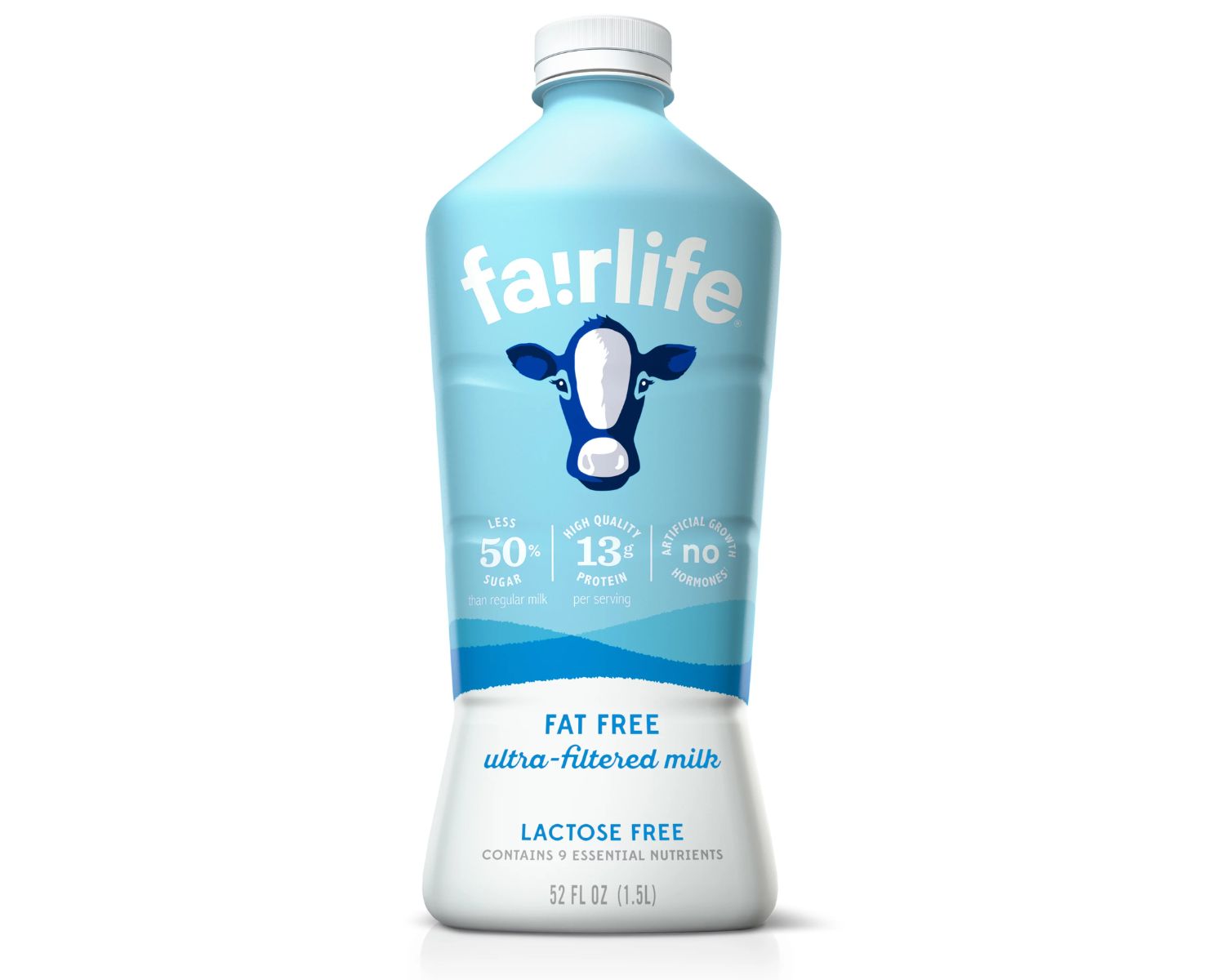
When it comes to nutrition, milk is considered an essential part of a well-balanced diet. Not only is it a rich source of calcium, but it also provides protein, vitamins, and minerals that are vital for our overall health. In recent years, there has been an increasing demand for fat-free milk among health-conscious individuals. Fat-free milk, also known as skim milk, is milk that has had all of the cream removed, resulting in a lower fat content.
In this article, we will explore 11 fat-free milk nutrition facts that highlight the benefits of incorporating this dairy product into your daily routine. From its nutrient composition to its impact on weight management, bone health, and cardiovascular health, we’ll delve into the various aspects of fat-free milk’s contribution to a healthy lifestyle.
Key Takeaways:
- Fat-free milk is a low-calorie, high-protein beverage that supports bone health and muscle development. It’s a versatile and hydrating option that can aid in post-exercise recovery and contribute to overall health.
- With essential nutrients like calcium, vitamin D, and amino acids, fat-free milk promotes strong bones, teeth, and overall well-being. It’s a heart-healthy, easy-to-use ingredient that can be enjoyed in various ways for a balanced diet.
Fat-Free Milk is Low in Calories
One of the significant benefits of fat-free milk is its low calorie content. With only about 90 calories per cup, it can be a great choice for those looking to maintain or lose weight while still getting essential nutrients.
Fat-Free Milk is a Good Source of Protein
Protein plays a vital role in building and repairing tissues, and fat-free milk is an excellent source of this essential nutrient. Each cup provides around 8 grams of high-quality protein, helping to support muscle development and overall health.
Fat-Free Milk is Packed with Calcium
Calcium is crucial for maintaining strong bones and teeth, and fat-free milk is a rich source of this mineral. A single cup of fat-free milk contains approximately 300 milligrams of calcium, contributing to the recommended daily intake for most individuals.
Fat-Free Milk is Fortified with Vitamin D
Vitamin D is essential for calcium absorption, and fat-free milk is often fortified with this important nutrient. Regular consumption of fat-free milk can help meet your vitamin D needs, supporting bone health and immunity.
Fat-Free Milk is a Good Source of Vitamins and Minerals
In addition to calcium and vitamin D, fat-free milk provides a range of vitamins and minerals necessary for optimal health. These include potassium, phosphorus, vitamin B12, and riboflavin.
Fat-Free Milk Contains Essential Amino Acids
Amino acids are the building blocks of proteins, and fat-free milk contains all nine essential amino acids that our bodies cannot produce. Consuming fat-free milk helps ensure an adequate intake of these vital nutrients.
Fat-Free Milk is Low in Saturated Fat
Fat-free milk is naturally low in saturated fat, making it a heart-healthy option. Diets low in saturated fat can help reduce the risk of heart disease and maintain healthy cholesterol levels.
Fat-Free Milk is a Hydrating Beverage
Fat-free milk not only provides essential nutrients but also helps hydrate the body. While it may not be as hydrating as plain water, fat-free milk can contribute to your daily fluid intake.
Fat-Free Milk Can Aid in Post-Exercise Recovery
With its balanced combination of carbohydrates and protein, fat-free milk can aid in post-exercise recovery. Consuming it after a workout provides your muscles with the necessary nutrients to repair and replenish.
Fat-Free Milk Can Help Strengthen Teeth
The calcium and phosphorus in fat-free milk promote strong teeth and can help prevent cavities. Including fat-free milk in your dental care routine can contribute to maintaining good oral health.
Fat-Free Milk is Versatile and Easy to Incorporate into Your Diet
Whether enjoyed on its own, added to cereal, used in smoothies, or incorporated into various recipes, fat-free milk is a versatile ingredient that can be easily incorporated into a balanced diet.
Conclusion
Fat-free milk is a nutritional powerhouse with numerous health benefits. It is low in calories and packed with essential nutrients like calcium, protein, and vitamin D. Incorporating fat-free milk into your diet can promote strong bones, aid in weight management, and support overall well-being.
Whether it’s enjoying a glass of fat-free milk on its own, using it in smoothies or recipes, or simply adding it to your morning coffee, this dairy product is a versatile and healthy choice. Remember to opt for organic or hormone-free varieties to ensure you’re getting the best quality milk.
So, next time you’re at the grocery store, don’t forget to grab a carton of fat-free milk and reap the benefits of this nutritious and delicious beverage.
FAQs
1. Is fat-free milk really fat-free?
No, fat-free milk means that it contains less than 0.5 grams of fat per serving. It is significantly lower in fat compared to whole or reduced-fat milk.
2. Is fat-free milk suitable for individuals with lactose intolerance?
Fat-free milk still contains lactose, so it may not be suitable for those with lactose intolerance. However, lactose-free versions of fat-free milk are available that can be consumed by individuals with lactose intolerance.
3. Can fat-free milk help with weight loss?
Yes, fat-free milk can be a helpful addition to a weight loss diet. It is low in calories but high in protein, which can help promote satiety and reduce overall calorie intake.
4. Can I use fat-free milk in cooking and baking?
Absolutely! Fat-free milk can be used as a substitute for whole or reduced-fat milk in most recipes. It will provide the same creamy texture and contribute to the overall taste of the dish.
5. Does fat-free milk have the same nutritional benefits as whole milk?
While fat-free milk lacks the fat content of whole milk, it still provides essential nutrients like calcium, protein, and vitamin D. The nutritional benefits may vary slightly but are still significant.
Was this page helpful?
Our commitment to delivering trustworthy and engaging content is at the heart of what we do. Each fact on our site is contributed by real users like you, bringing a wealth of diverse insights and information. To ensure the highest standards of accuracy and reliability, our dedicated editors meticulously review each submission. This process guarantees that the facts we share are not only fascinating but also credible. Trust in our commitment to quality and authenticity as you explore and learn with us.


